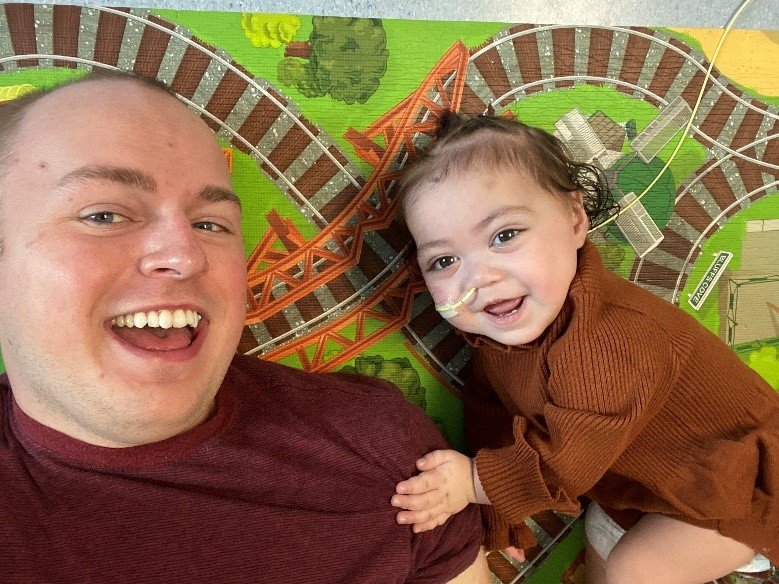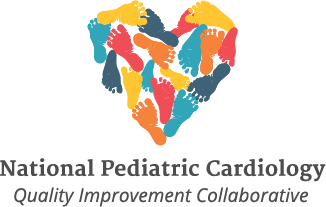
Optimizing Neurodevelopment & Supporting Infant Gross Motor Outcomes Toolkit
Section Outline
Executive Summary
Background & Scope
Key Concepts Supporting Neurodevelopment
Developmental Screening
Supportive developmental care practices
Empowering parents
Ongoing involvement in therapy
Intervention Strategies By Development Phase
Deeper Dive Into Valuable Interventions
Tummy Time
Holding and Skin to Skin
Range of Motion Exercises
Equipment Considerations
Quality Improvement: Gross Motor Improvement Project
Project History and Detail
Key Driver Diagram (KDD)
Project Data
Conclusions: Project Learnings
The Optimizing Neurodevelopment & Supporting Infant Gross Motor Outcomes Toolkit
Neurodevelopmental disability is a significant concern for individuals with complex congenital heart disease (CHD) across the lifespan. Gross motor delays are common in infants with single ventricle CHD, with greater than 60 percent of NPC QIC-enrolled infants not scoring “on target” at 12 months on the Ages & Stages Questionnaire (ASQ) developmental screener. The early identification and treatment of developmental concerns, starting in infancy, can positively impact developmental trajectory for these infants.
This toolkit was created to share intervention strategies to promote optimal gross motor outcomes and describes supportive developmental care practices for both hospital and home settings
NPC-QIC would like to extend a special thanks to our project co-leaders for their work developing this toolkit: Julia Anixt, Lauren Malik, and Jennie Briend.
Click here to access the NPC-QIC Gross Motor Outcomes Toolkit
“Parents are eager to support their
baby’s development. Too often
parents feel that their concerns about
development are not prioritized by
care teams. Development takes the
back seat when babies have such
serious heart conditions. Parents want
strategies and therapies to support
their babies as early as possible.”
Resources & Materials
Intended Audience
The target audience for this toolkit is interdisciplinary professionals and parents caring for infants with single ventricle CHD. The information in this toolkit can also be shared with infants’ medical home providers, early intervention professionals, and key stakeholders, such as hospital administrators.

